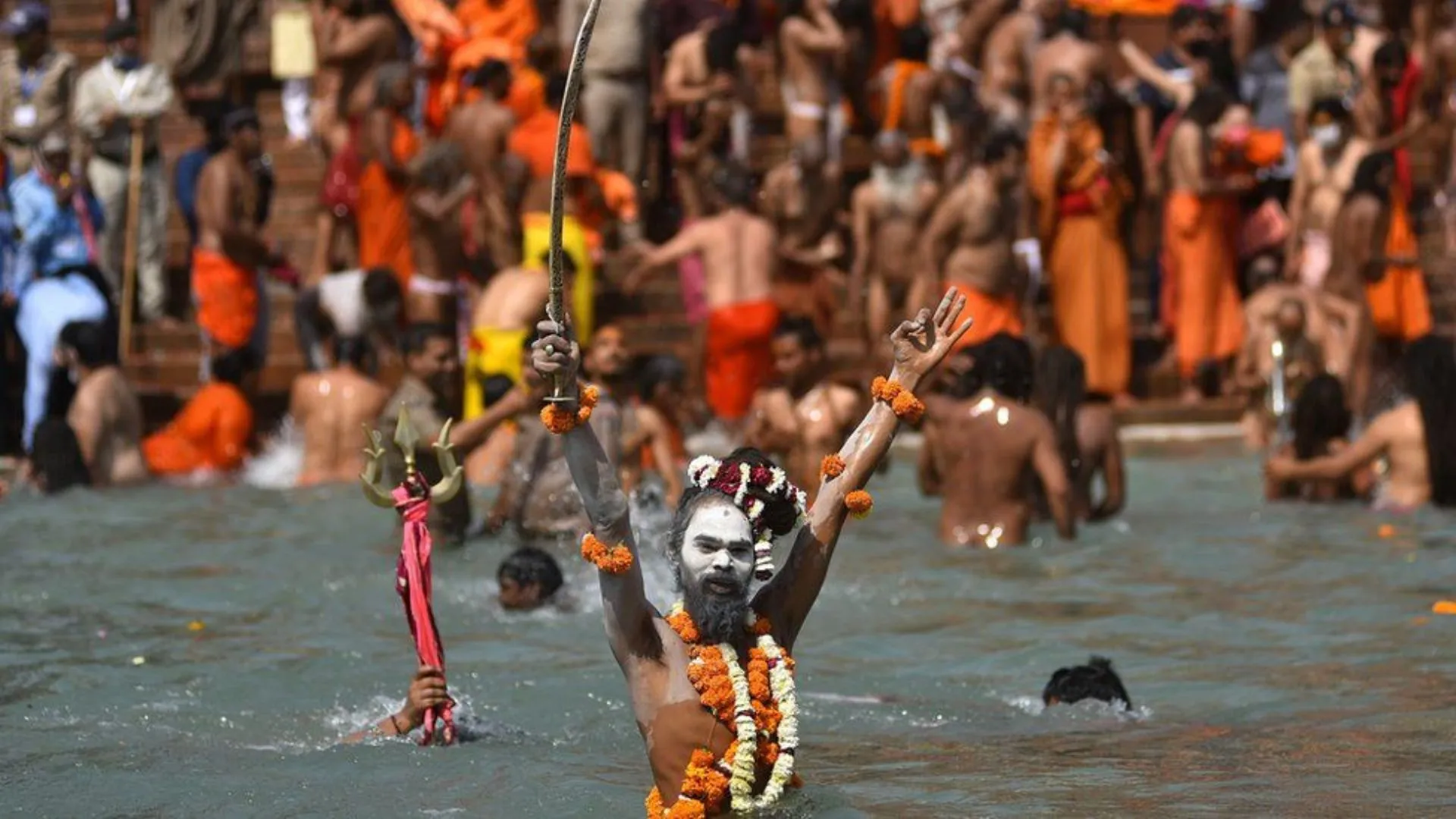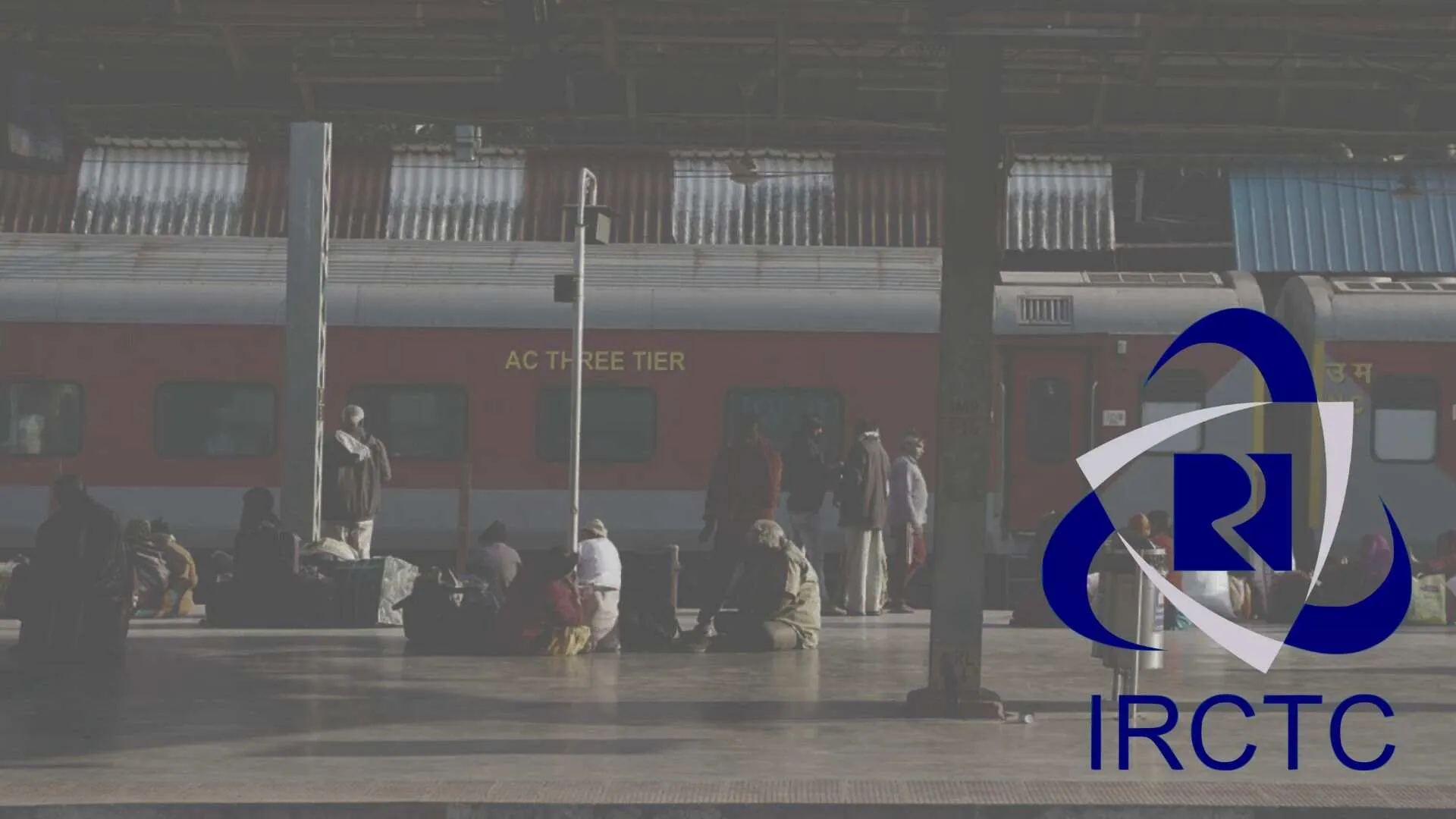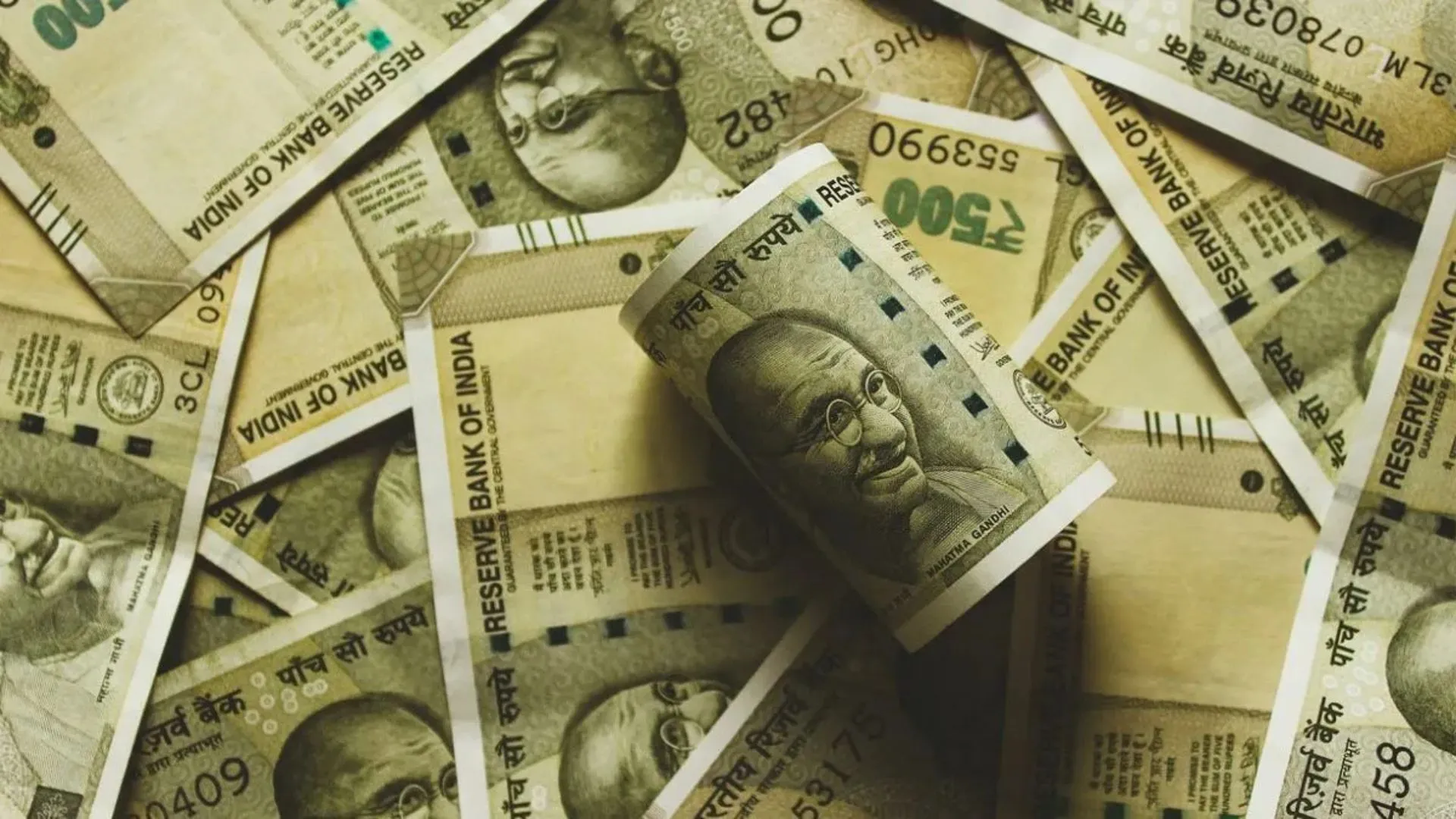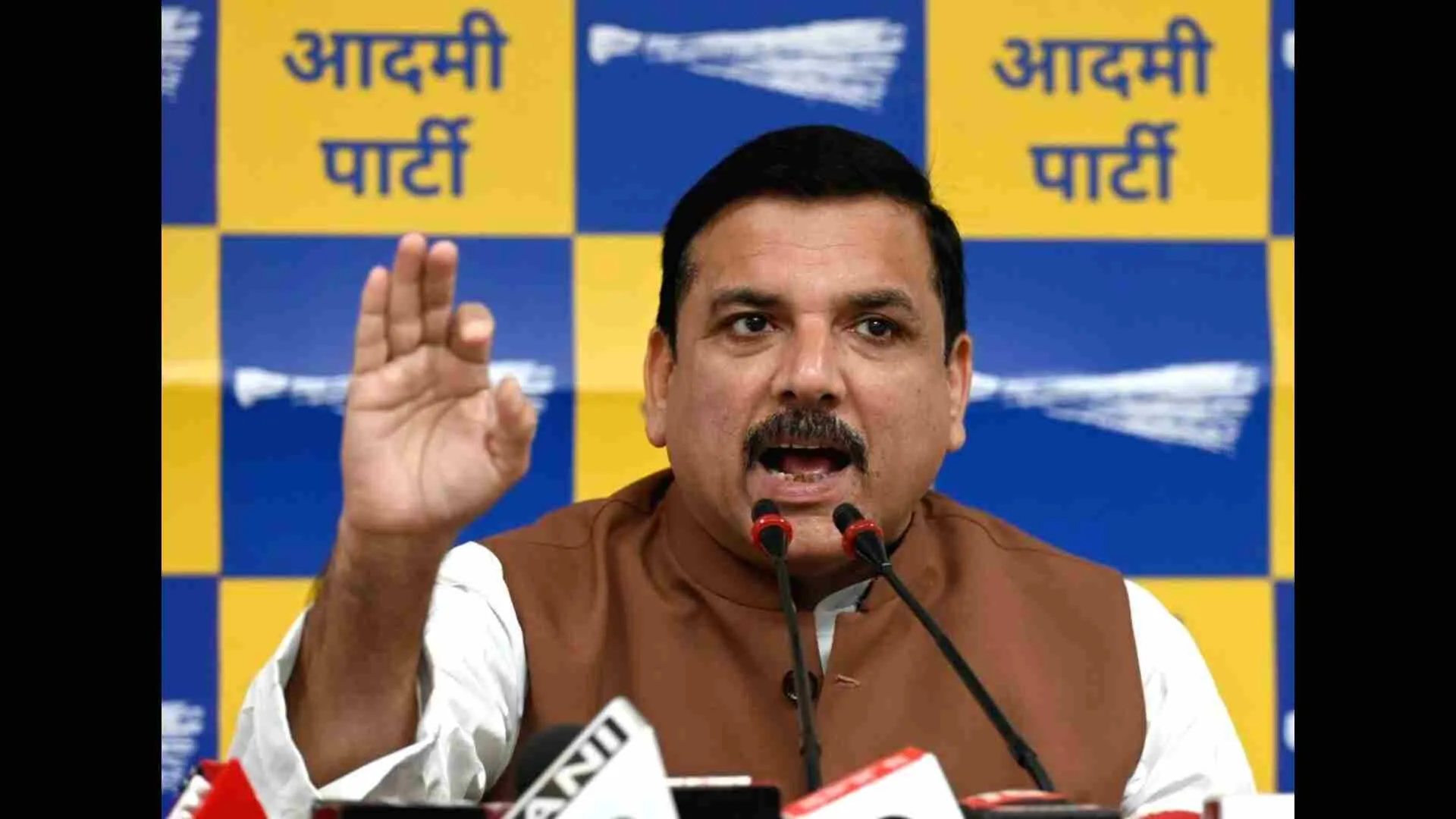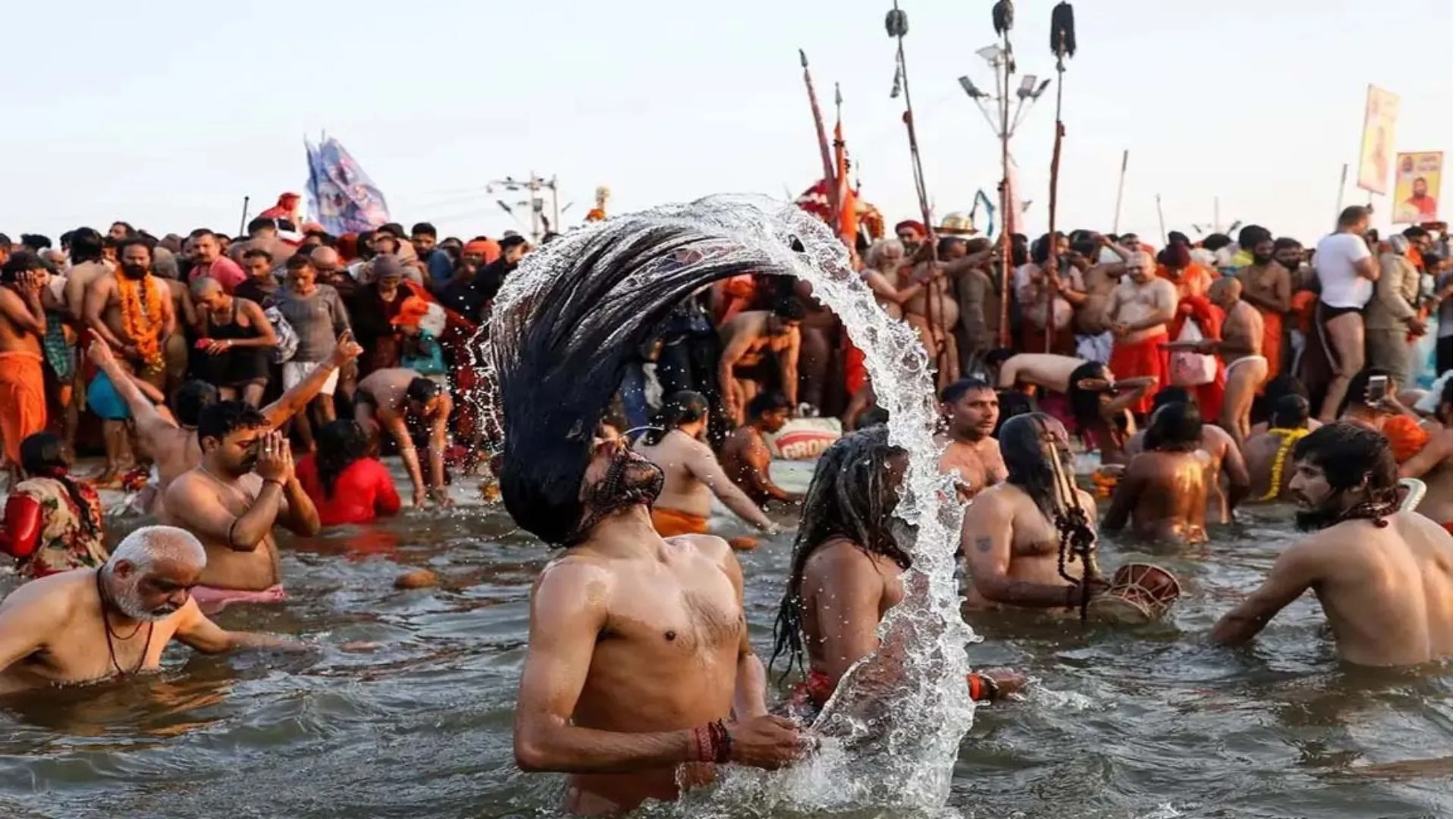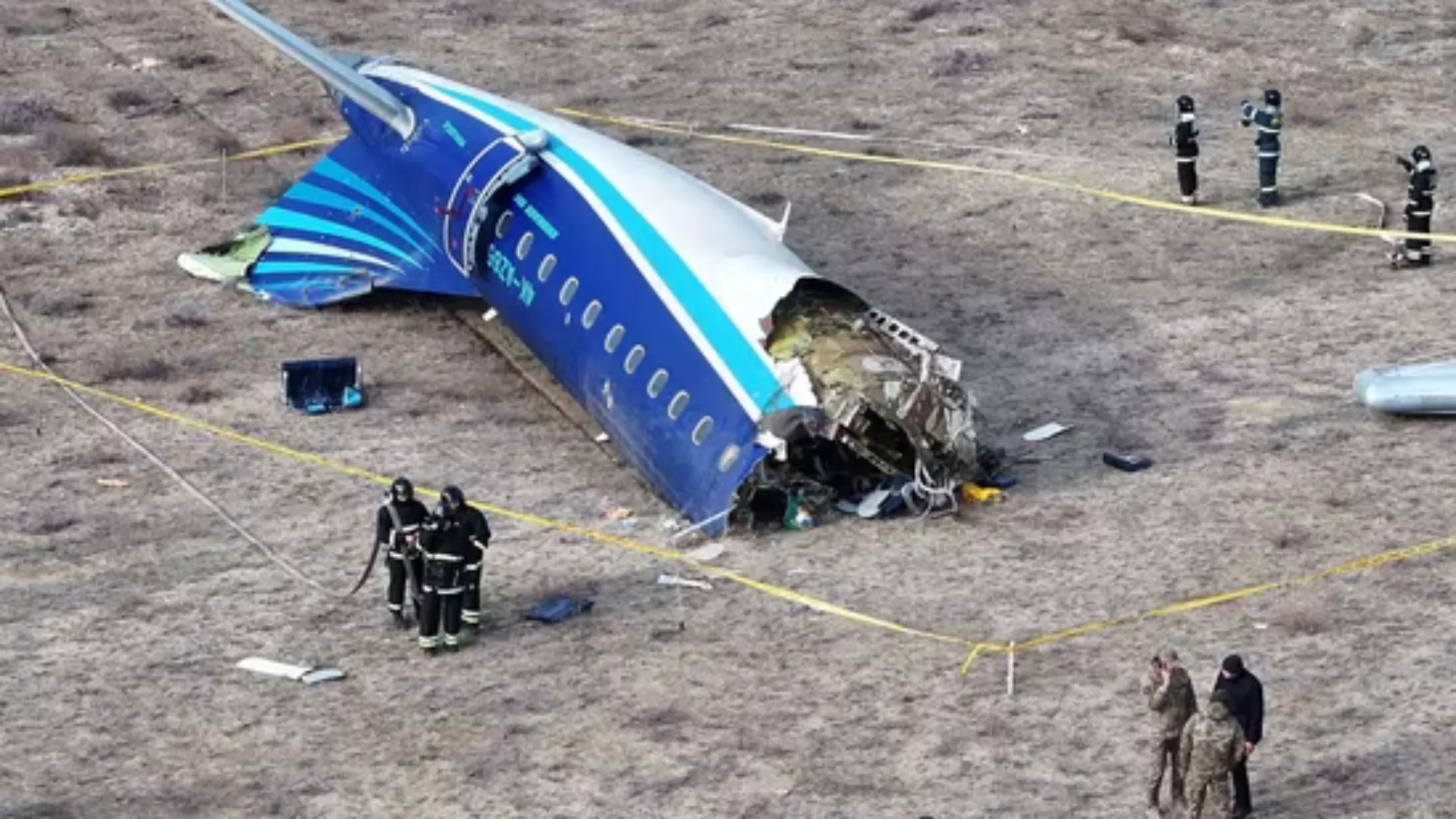India has been hit by another devastating train accident, this time in West Bengal. At least 15 people have lost their lives, and 60 others are injured after a goods train collided with the Sealdah-bound Kanchanjunga Express near Rangapani station. The accident site is about seven kilometers from North Bengal’s New Jalpaiguri station. Rescue operations are underway, with the injured being transported to nearby hospitals.
A Grim History Of Train Accidents
This tragic incident follows a series of train accidents in India. In October 2023, a collision in Andhra Pradesh’s Vizianagaram resulted in 13 deaths and 50 injuries, attributed to human error. Earlier, in June 2023, a catastrophic three-train collision in Odisha’s Balasore killed 296 people and injured over 1,200, marking India’s worst rail accident in more than two decades.
Understanding The Scale Of Indian Railways
The Indian Railways is one of the world’s most extensive and intricate systems, stretching over 64,000 kilometers with 14,000 passenger trains and 8,000 stations. Established during the British colonial era, the network has seen significant investments under the Modi government for modernization and safety enhancements, including the renovation of old tracks, introduction of new trains, and elimination of thousands of unmanned railway crossings.
Frequency And Causes Of Train Accidents
Contrary to public perception, train accidents in India have significantly decreased over the decades. Data from the Indian Railways shows a marked reduction from 14,769 accidents between 1960-1971 to just 449 accidents between 2015-2022. However, a National Crime Records Bureau report highlighted over 100,000 train-related deaths from 2017 to 2021.
Most accidents are due to derailments and human errors. The Comptroller and Auditor General reported that 69% of accidents from 2017 to 2021 were derailments, causing 293 deaths. Track defects, maintenance issues, outdated signaling equipment, and human errors are common causes. Financial constraints or underutilization of funds for track restoration contributed to 26% of the accidents.
The Kavach Anti-Collision System
To enhance safety, the Indian Railways is implementing the Kavach anti-collision system. Developed by the Research Designs and Standards Organisation (RDSO) and private partners, Kavach can automatically apply brakes in emergencies. The system’s rollout has seen significant progress, with optical fiber cables laid on 3,040-kilometer routes and 269 Kavach towers installed. Despite challenges, including certification and COVID-19 disruptions, the system is advancing steadily, with substantial financial backing from the government.
Global Comparison Of Train Accidents
India’s railway safety record, though improving, still lags behind other nations. In the US, the National Safety Council reported 954 railway deaths in 2022, the highest since 2007, mainly involving trespassers and highway-rail crossings. The EU, meanwhile, recorded a 35% decrease in accidents from 2010 to 2022, though 2022 saw a rise due to increased rail traffic post-pandemic. The UK reported minimal passenger deaths, with only eight fatalities between April 2022 and March 2023.
Political Reactions And Public Sentiment
Railway Minister Ashwini Vaishnaw expressed sorrow over the West Bengal accident, emphasizing ongoing rescue efforts. President Droupadi Murmu and Chief Minister Mamata Banerjee also conveyed their condolences and assured support for the affected families. A passenger from the Kanchanjunga Express recounted the harrowing experience, noting delayed rescue operations.
While the Indian Railways has made strides in reducing accidents, experts stress the need for comprehensive safety measures. Former Indian Railway Service officer Swapnil Garg emphasized the importance of prioritizing safe tracks and collision protection. The massive railway system requires sustained efforts and a strong commitment to safety to prevent such tragedies in the future.



